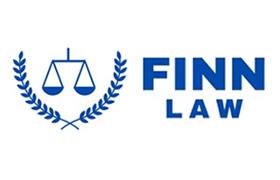Middle Grove Felony Lawyer, New York
Sponsored Law Firm
-
 x
x

Click For More Info:
-
Finn Law Offices
12 Sheridan Ave. Albany, NY 12207» view mapAccident & Injury and Criminal Defense Action-Oriented Legal Advocacy
At Finn Law Offices, our attorney relies upon his experience and dedication to protect your rights in a personal injury, employment law, criminal defense or civil rights case.
800-872-6030
Not enough matches for Middle Grove Felony lawyer.
Below are all Middle Grove Criminal lawyers.
David F. Devall
Divorce & Family Law, Bankruptcy, Criminal, Litigation
Status: In Good Standing Licensed: 47 Years
FREE CONSULTATION
CONTACTSarah B. Foulke
Criminal, Traffic, Family Law, Real Estate
Status: In Good Standing Licensed: 41 Years
James S. Daly
Divorce & Family Law, Estate, Real Estate, Criminal
Status: In Good Standing Licensed: 40 Years
Todd William Morrow
Real Estate, Trusts, Divorce, Criminal
Status: In Good Standing Licensed: 25 Years
 Ryan M. Finn Albany, NY
Ryan M. Finn Albany, NY AboutFinn Law Offices
AboutFinn Law Offices
